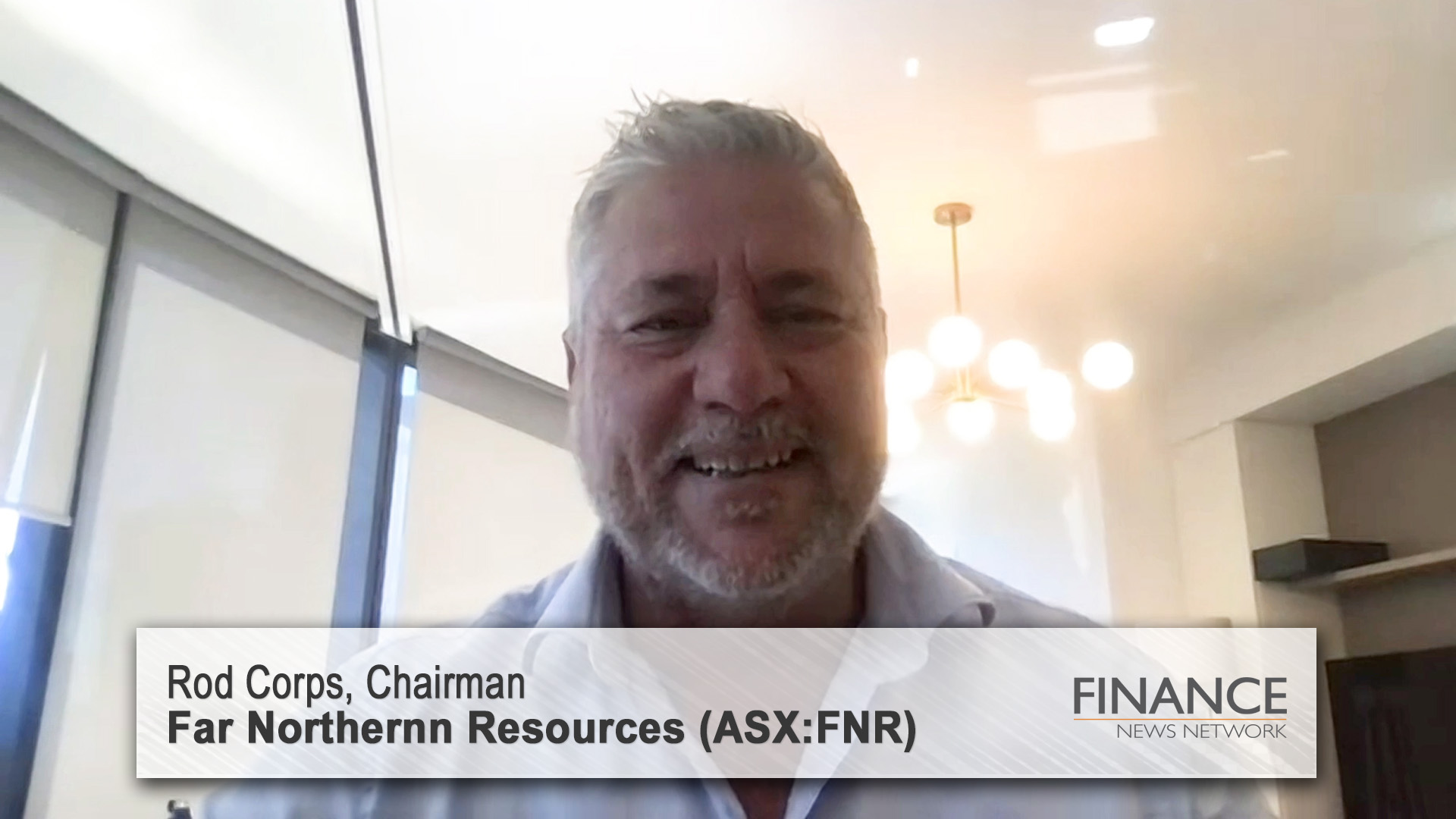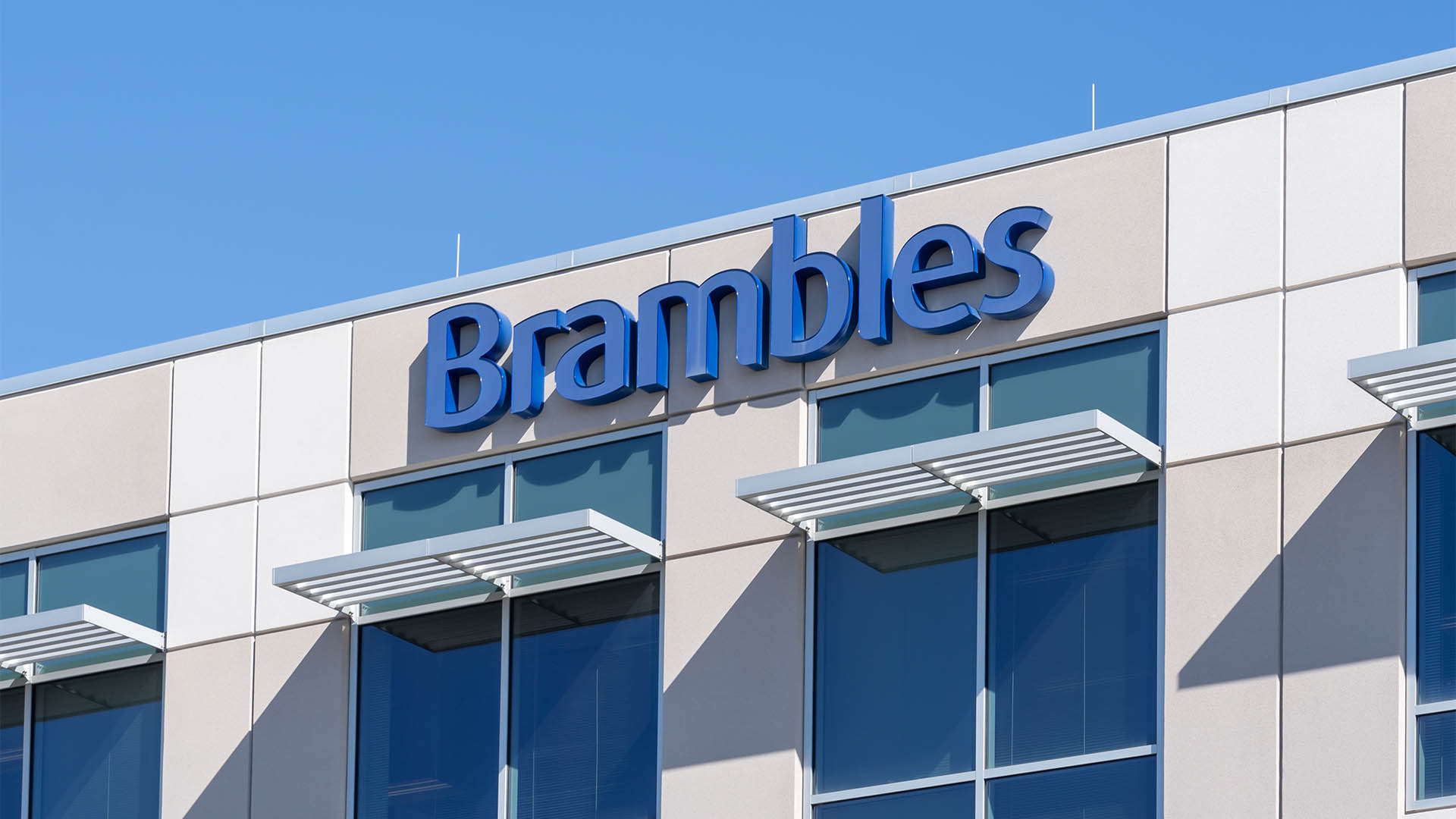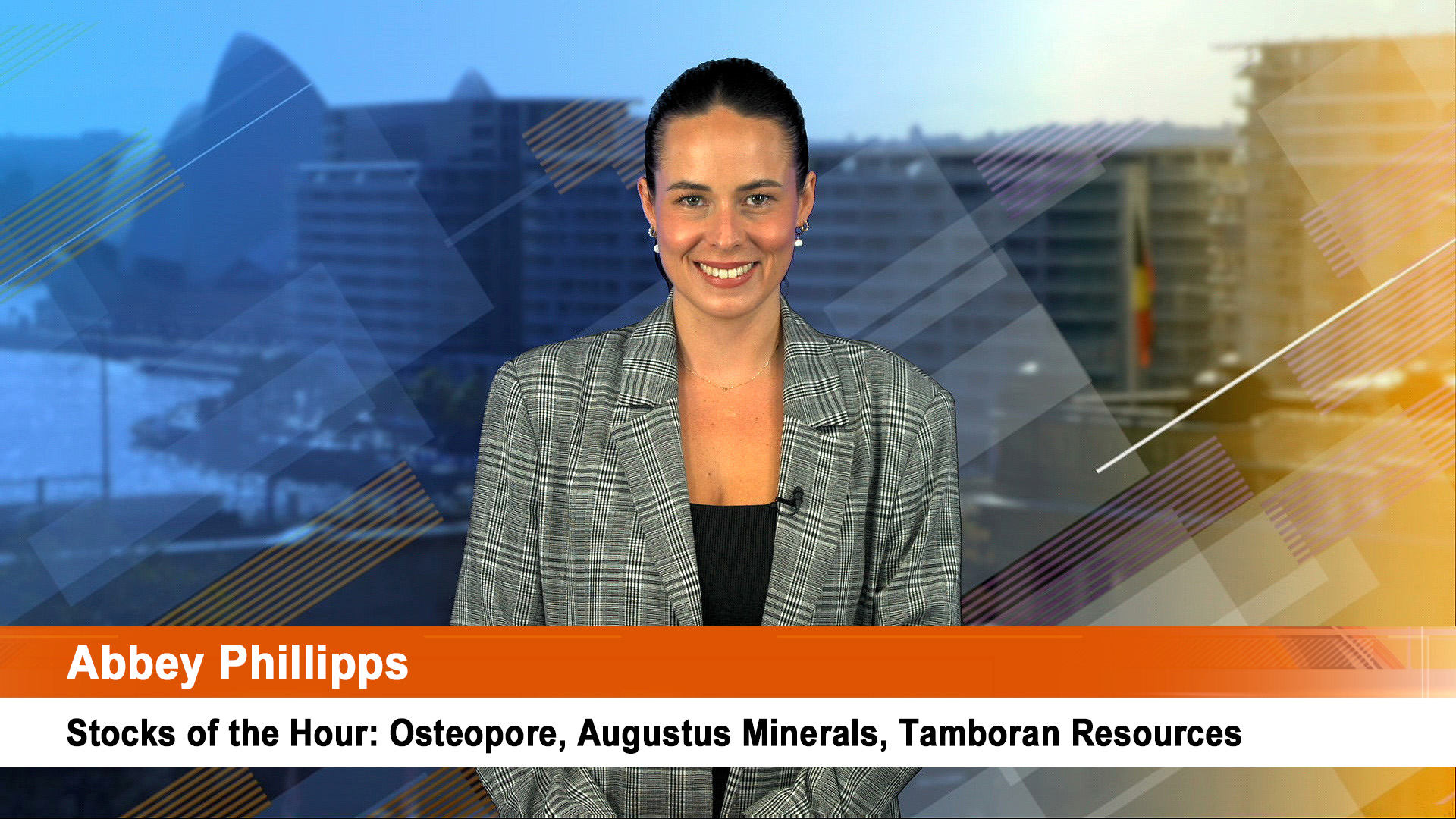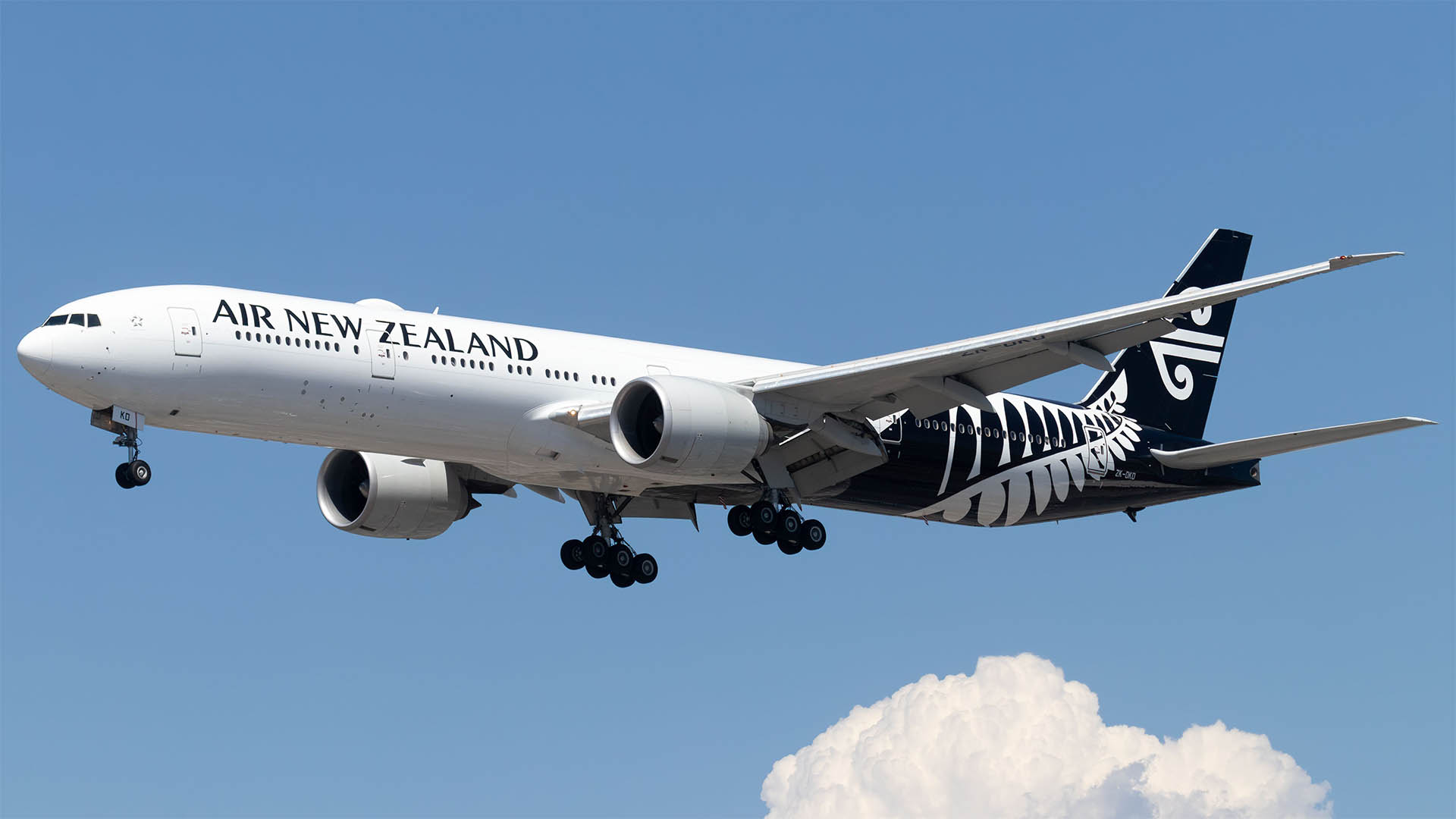Another major pre-June 30 data dump from a major Australian company with Woolworths reporting big write-downs of more than $600 million, solid sales growth in recent weeks, preliminary earnings, more bad news on its employee underpayment scandal, job losses and three-quarters of a billion dollars to be spent on two huge distribution centres.
Investors seemed to be overwhelmed by the number of items in the announcement as the shares barely moved – losing just 0.7% to $36.38.
The announcement seems to have been an attempt to distract attention from the underpayment scandal cost blowing out again as well as the hint about the job losses from the new distribution centres.
On the underpayment story, Woolworths has revealed the total cost of its worker underpayment scandal has jumped to $390 million after the company identified more underpaid workers at its ALH hotels division.
In an announcement on Tuesday morning, Woolworths revealed it had identified payment shortfalls in its salaried team members at ALH Hotels. The company said those team members were not paid in full compliance with the general hospitality industry award across the 2018 and 2019 financial years.
This added $75 million for the underpayment bill which Woolworths again indicated could rise further as the business continues to review its remediation costs, noting the calculations involved a “high degree of complexity”.
The increase cements Woolworths’ underpayment case as one of the largest in Australian history. The company first announced the underpayments last October with an initial estimate of $300 million.
That was lifted to $315 million and then to the new figure yesterday.
The retailer’s CEO, Brad Banducci again said Woolies was committed to back paying the affected workers.
“The group remains committed to fully rectifying any payment shortfalls across all group businesses as quickly as possible. We thank everyone for their patience through this process,” he said.
But the amount involved is rising with no finality in sight. It again calls into question the checks and balances in Woolies staff payment systems.
Coles, Super Retail, ABC, Qantas, Commonwealth Bank, Bunnings (owned by Wesfarmers), Rockpool Dining Group, Michael Hill, Subway, Coffee Club, Sunglass Hut, 7-Eleven, fast-food chain Grill’d, and George Calombaris’ hospitality group MAdE are some of the businesses found to have underpaid staff or managers (in the case of Super Retail and Woolies).
Woolworths also announced it plans to build two new automated distribution centres in Moorebank, in Sydney’s south-west, costing around $780 million, which it expects to complete by 2025. The two sites will significantly increase the company’s capacity and efficiency, Woolies chairman Gordon Cairns said yesterday.
“The planned sites, which are subject to NSW Government planning approval, will materially increase our capacity for growth, improve efficiency, advance localised ranging efforts and deliver better and safer experiences for Woolworths stores, team and customers,” he said.
The new centres, one which will be fully automated and the other semi-automated, will replace the company’s already existing centres at Minchinbury, Yennora and Mulgrave in Melbourne. Some 1,350 people will lose their jobs, but 650 new jobs will be created at the two Moorebank centres in Sydney.
A “number of roles” will be impacted, the company said, leading to Woolworths flagging a $176 million cost for redundancies.
Remediation costs for the 2020 financial year are now around $185 million for Woolworths, contributing to nearly $600 million in significant one-off costs the company announced it expected to report this financial year.
Another $230 million in costs were noted for the restructure and transformation of the Endeavour pubs and drinks business, which Woolworths now expects to de-merge in the second half of next year instead of this year – the delay is due to the pandemic and now the underpayment problem.
These costs primarily consist of stamp duty, external consultants and advisors, dedicated internal resources and IT-related costs.
Woolies also said it saw strong sales growth across the last quarter of the financial year, the ten weeks ending June 14- up 8.6% in the supermarkets and up a massive 27.8% at the downsizing Big W department store chain.
Woolworths expects total earnings before interest and tax (EBIT) to be between $3.2 and $3.25 billion, a slight decline on last year, largely due to a drop in earnings across its hotels business which has been closed during the pandemic. Woolies said EBIT in its hotels business is expected to more than halve to a range of $160 – $170 million from $355 million in 2018-19.
Woolies said it expects pre-tax significant items of $591 million (H2 F20: $460 million) for the full year. Those one-off items consist of $230 million of costs relating to the Endeavour spin-off, $179 million for the retrenchment costs associated with the two new centres and $185 million in staff repayment remediation costs. Those significant costs will come off EBIT, so the bottom line could be around $2.6 billion.












